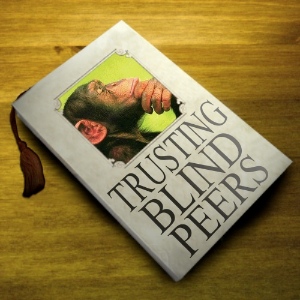Liquid society?
According to a recent survey, only 12% of people want to go back to how things were before lockdown:
“I hate it when people talk about the ‘new normal’ – it just makes me want to scream. But actually, people don’t want the ‘old normal’. They really, really don’t,” said BritainThinks founding partner Deborah Mattinson. “They want to support and value essential workers and social services more. They want to see more funding for the NHS. There’s a massive valuing of those services and austerity is totally off the agenda.”
Donna Ferguson (The Observer)
I can’t imagine that this is an original thought, but while walking with the family yesterday it struck me that conservative tendencies within society want to ‘freeze’ things as they are. Why? Because the status quo suits them and their place in society.
Meanwhile, revolutionaries want to ‘boil away’ what currently exists to create room for what comes next. Why? Because the status quo does not suit them, either directly because of their place in society, or because it does not fit with their values.
These two tendencies are usually in tension. This means we end up with a free-flowing ‘liquid’ society. That is to say that, usually, we experience neither the ‘ice’ of reactionary times nor the ‘steam’ of revolutionary times.
For a society that suits the majority rather than the few, we need to keep things liquid, which is going to be particularly difficult given the current economic situation.
To stretch the metaphor, we may end up with a period of sublimation where ‘ice’ turns to ‘steam’. In this situation, people who have previously been reactionary (because the status quo has served them) become revolutionary (because the status quo no longer works for them).
I think I need to go and re-read Zygmunt Bauman on liquid modernity…
This post is Day 13 of my #100DaysToOffload challenge. Want to get involved? Find out more at 100daystooffload.com


 Although I’m still yet to have an academic article published, I’ve made a public commitment to do so only in open-access journals. I’ve already dedicated this blog to the public domain (see CC0 license in footer) and shared my thesis online. Whilst for me it’s a logical continuation of my position as an open educator/academic/researcher/individual, I’ve been waiting for a compelling reason for others to ditch closed journals.
Although I’m still yet to have an academic article published, I’ve made a public commitment to do so only in open-access journals. I’ve already dedicated this blog to the public domain (see CC0 license in footer) and shared my thesis online. Whilst for me it’s a logical continuation of my position as an open educator/academic/researcher/individual, I’ve been waiting for a compelling reason for others to ditch closed journals.